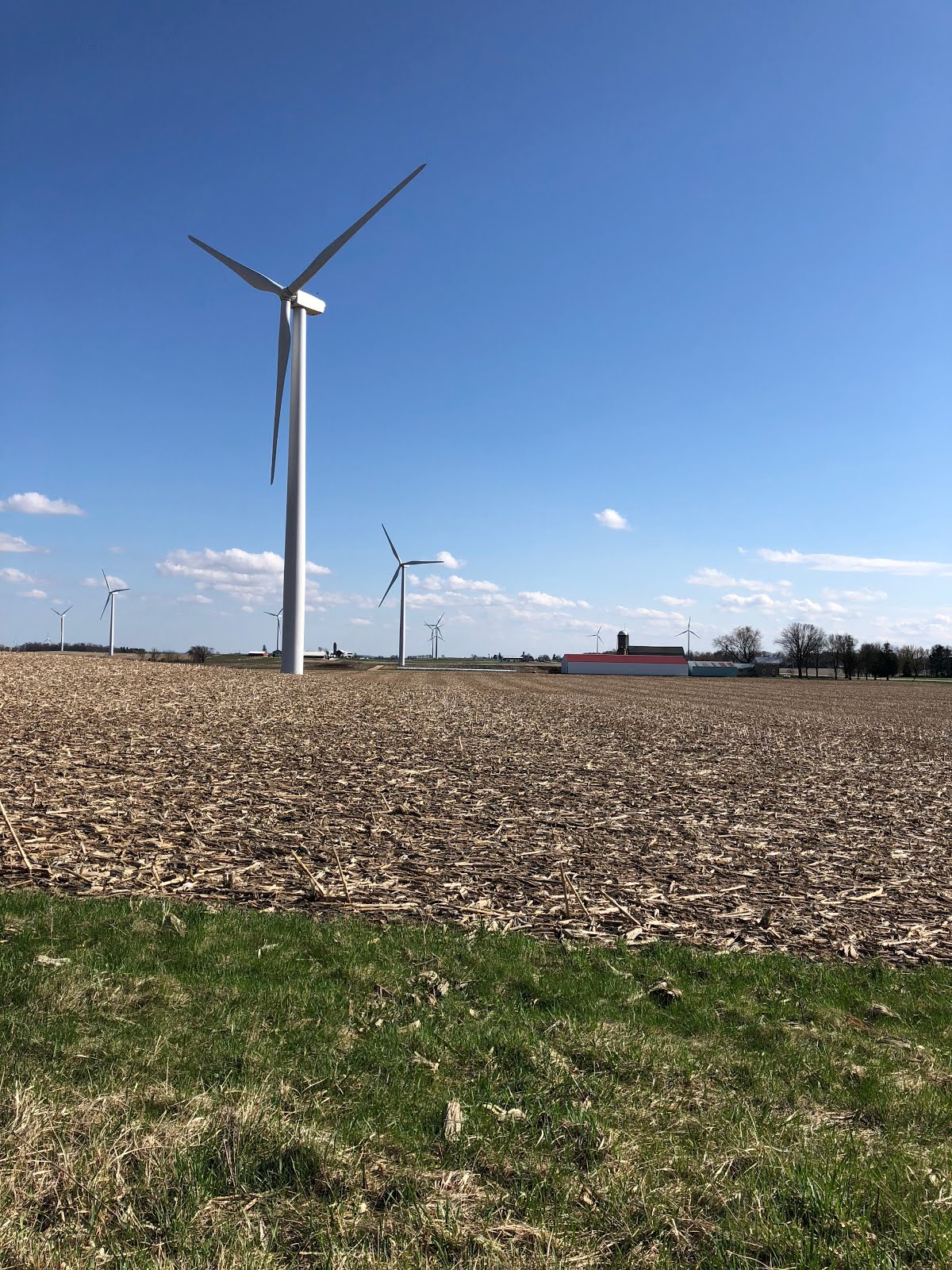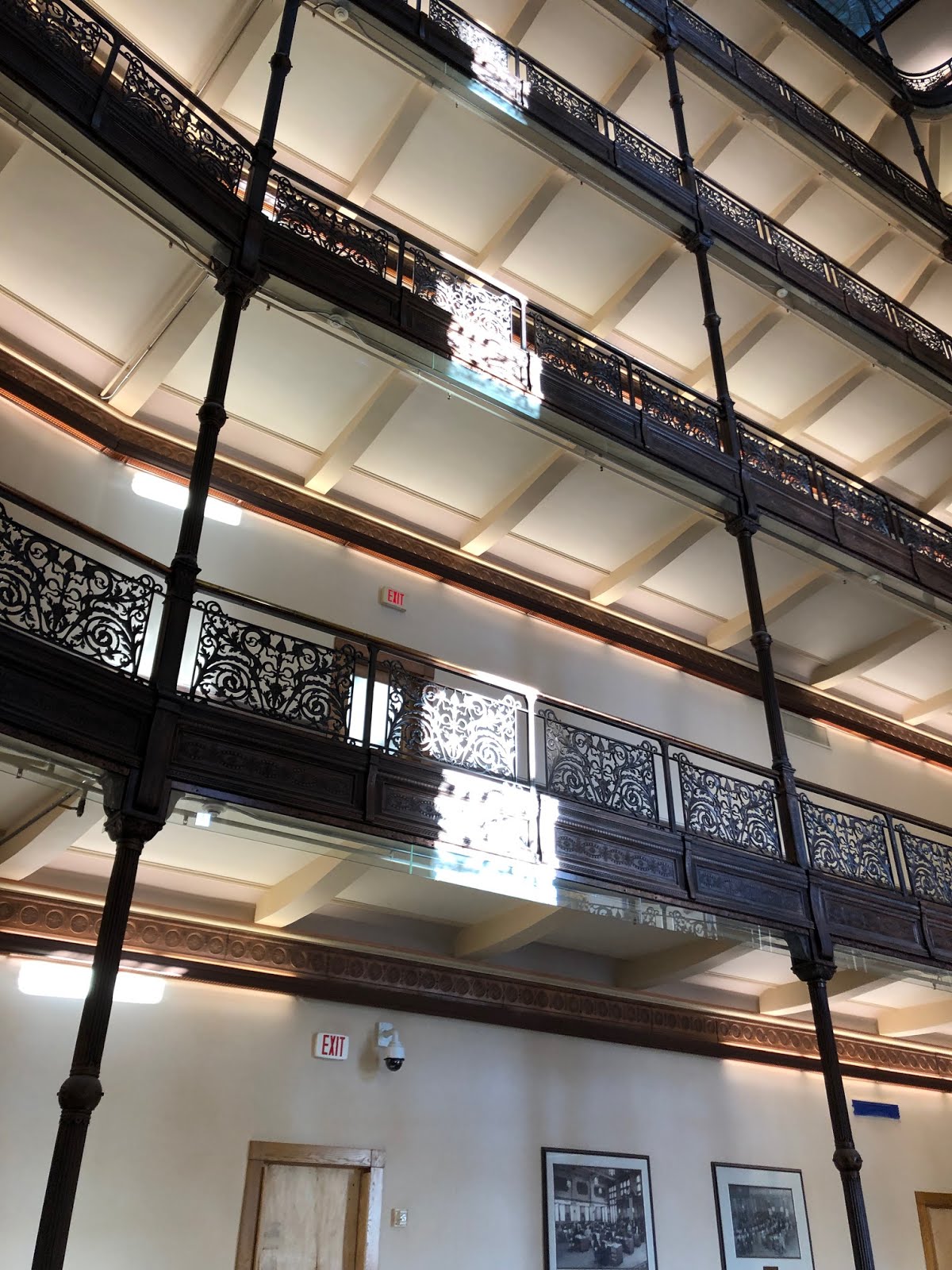SEWRPC Housing Committee Must Proceed With Caution At Next Meeting
I have been hearing from members of the Advisory Committee on Housing established by the Southeastern Wisconsin Regional Planning Commission that the large committee membership and volume of technical issues already on the table could impair the committee's effectiveness.
It's a situation not limited to SEWRPC and its committees: public advisory bodies, even when comprised of experts, have limited time availabilities, and that works to the advantage of the sponsoring agency staff, which provides the committee members their agendas, data, documents and other items.
So it is important for committees to be vigilant, especially at the beginning of a long study process, and to avoid green-lighting staff proposals that too quickly set the tone and can limit the content and value for the balance of the committee's work.
I see in the minutes of the most recent Housing committee meeting (p. 6) that at the next session, on 9/23, the staff will roll out for review the first two chapters of the Housing study - - crucial chapters because they will lay out the parameters, goals and standards for what follows.
Great care must be given to these guiding chapters: their wording is the one chance that committee members have to create the study's blueprint, hence its findings and recommendations.
A cautionary example:
The SEWRPC advisory committee on regional water supply did not make the parameters of that study broad enough. Some efforts to add more than basic cost-effectiveness to water utilities, and conservation plans, were discussed, but voted down.
After the study was completed more than three years later, there was a consensus that without an analysis of the socio-economic consequences of piping Lake Michigan water to more communities both east and west of the subcontinental divide - - impacts on jobs, housing, transportation and other basic regional planning issues - - the study was too narrowly drawn, and this deeply flawed.
So now SEWRPC, after initially balking, has agreed to hire a specialized consultant to write that very kind of analysis, though how it gets integrated into the balance of the report and recommendations has not been determined.
If it becomes a mere appendix, there will be more trouble ahead for the recommendations, and less credibility both for the already-controversial study, and for SEWRPC.
Bottom line message to the Housing committee:
Don't make the same mistake. Hold up the crafting of the introductory and goals/standards chapters until you are absolutely sure that they do not guarantee that the study turns into to ineffective document with boiler-plate guidelines and outcomes
The region has waited 36 years for its latest housing plan.
The world has changed dramatically in those years.
Demand that the housing study emphasize sustainability. New urbanism.
If, as SEWRPC says in its mission statement that it represents the highly-urbanized region in Southeastern Wisconsin, then the housing study has to have urban design at its core.
Like this model from northern Illinois.
So make use at the outset of case studies from other cities and planning commissions and break tired SEWRPC study mold.
Take a few extra days or weeks or meetings, give directives to the staff that works for you, and get this one right from the start.









No comments:
Post a Comment